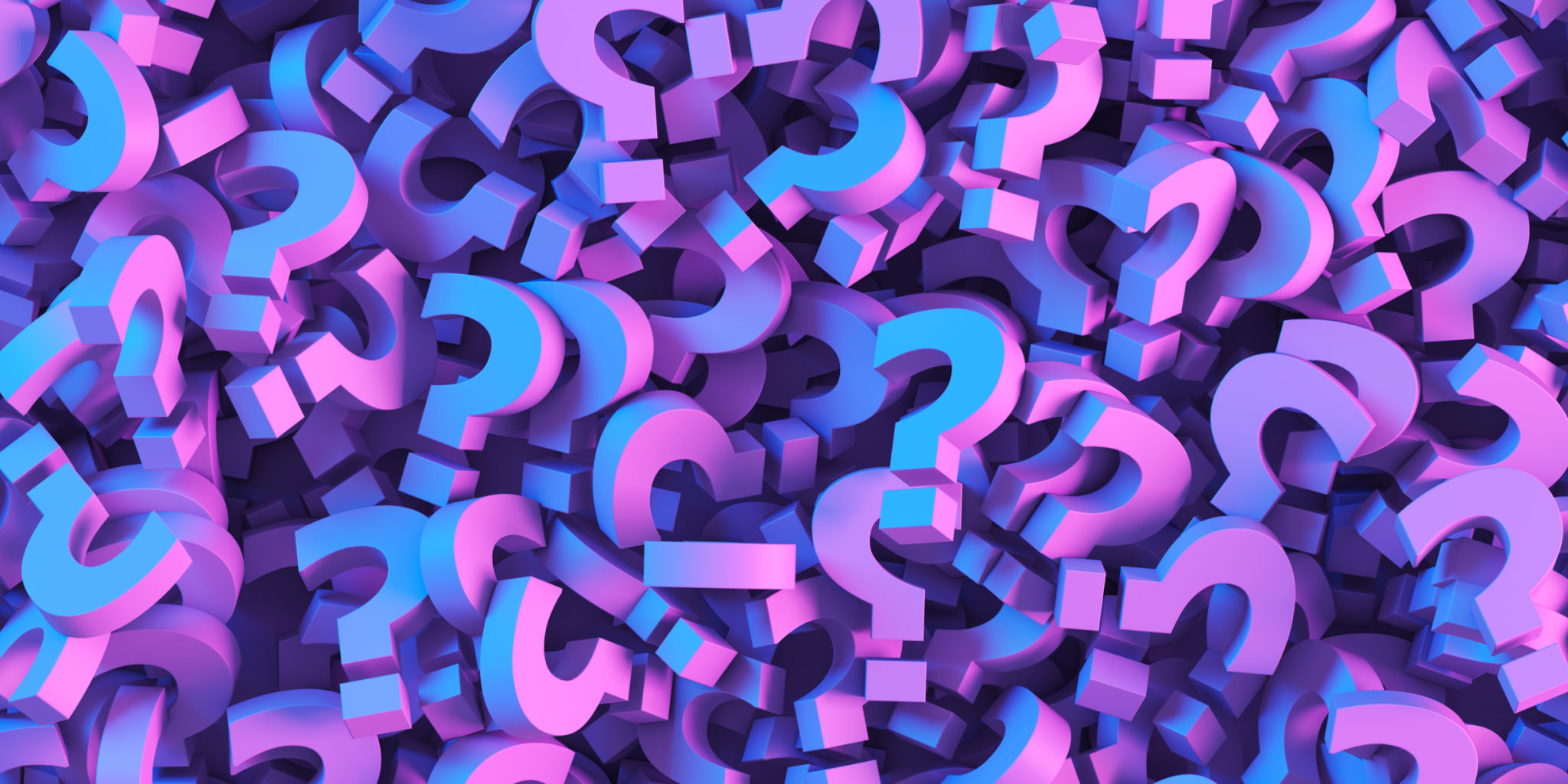AI vs. Human Intelligence: Understanding the Differences
Introduction to AI vs. Human Intelligence
In the rapidly evolving landscape of technology, the comparison between artificial intelligence (AI) and human intelligence is a topic of significant interest. While both share similarities in processing information, their capabilities and limitations differ considerably. Understanding these differences is crucial in navigating the future of AI development and integration into daily life.
Defining Intelligence
Human intelligence encompasses a wide range of cognitive abilities, including problem-solving, emotional depth, creativity, and understanding complex concepts. AI, on the other hand, refers to machines programmed to mimic aspects of human intelligence, such as learning and adaptation. While AI can perform specific tasks with precision, it lacks the nuanced understanding and emotional intelligence inherent in humans.

Learning and Adaptation
Humans learn through experiences, emotions, and social interactions that shape their understanding of the world. This learning process is deeply intuitive and contextual. In contrast, AI systems learn through data inputs and algorithms. They rely on large datasets to improve their performance over time but lack the ability to truly comprehend context in the way humans do.
AI excels in tasks that require speed and computation, such as analyzing large datasets or recognizing patterns within data. However, it struggles with tasks that require common sense or emotional understanding, areas where human intelligence naturally excels.
Decision-Making Capabilities
The decision-making process in humans involves a combination of logic, intuition, ethics, and emotional considerations. This complex interplay allows humans to make decisions in ambiguous situations. AI, conversely, makes decisions based on pre-set algorithms and data analysis. While this can lead to more consistent outcomes in certain scenarios, it lacks the flexibility of human decision-making.

Creativity and Innovation
Creativity is a hallmark of human intelligence. It involves the ability to generate new ideas, think outside the box, and innovate. While AI can assist in creative processes by providing suggestions or generating content based on existing data, it does not possess true creative thinking. Human creativity is driven by emotions, experiences, and personal insights that AI cannot replicate.
In fields like art, music, and literature, human intelligence brings a depth of understanding and emotional connection that AI-generated works cannot match.
Emotional Intelligence
One of the most distinct differences between AI and human intelligence is emotional intelligence. Humans can empathize with others, understand social cues, and navigate complex interpersonal relationships. While AI can be programmed to recognize emotional expressions or respond in a seemingly empathetic manner, it lacks genuine emotional understanding.

The Future of AI and Human Collaboration
As AI continues to advance, it offers significant potential to enhance human capabilities rather than replace them. By automating repetitive tasks and providing data-driven insights, AI can free up time for humans to focus on more complex, creative, and emotionally-driven work. Collaboration between AI and human intelligence can lead to breakthroughs in various fields, from healthcare to education.
Ultimately, understanding the differences between AI and human intelligence enables us to harness their unique strengths effectively. Embracing this synergy can pave the way for a future where technology supports rather than supplants human potential.